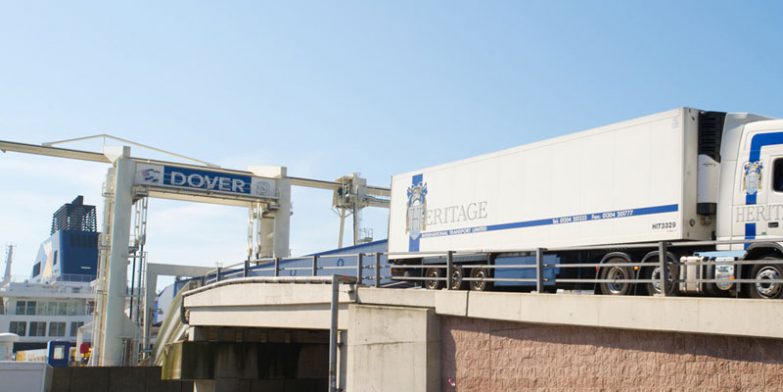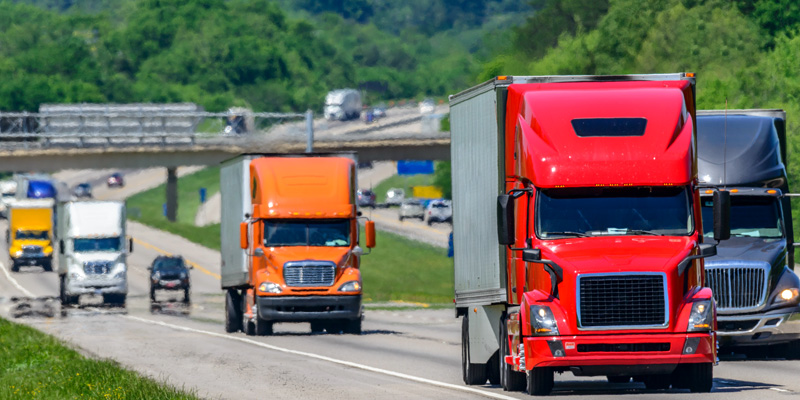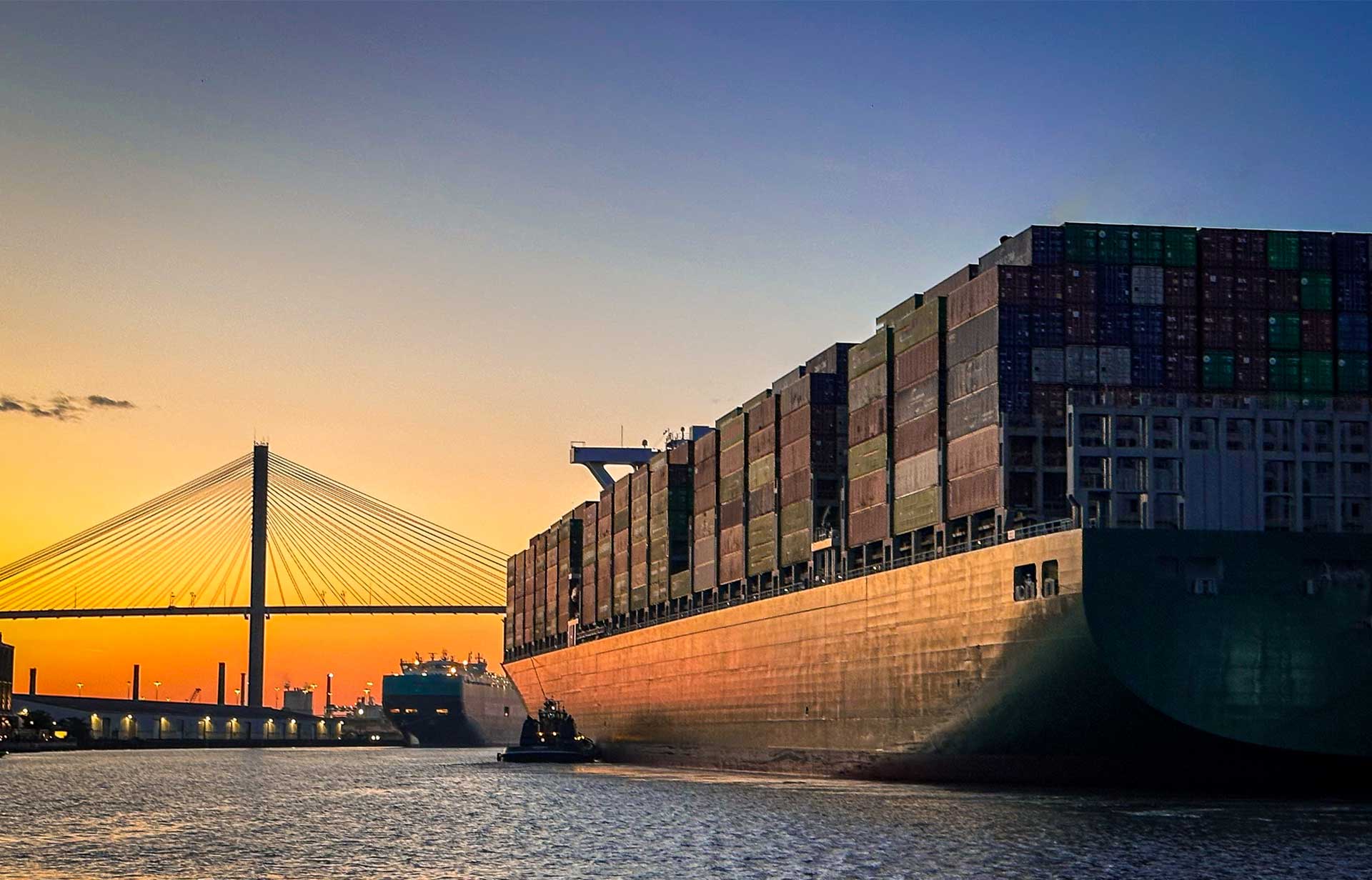
Post-Brexit border checks have been introduced in stages since last January and the latest, which come into force in July, may cost UK companies millions of pounds.
Full checks and controls on imports of live animals and food at the GB border – which had originally been due to come into force on 1 January 2021 – had been postponed, to give UK importers more time to prepare, despite the EU having implemented checks on British exports immediately after ‘Brexit’ began on 1 January 2021.
The British Meat Processors Association (BMPA) said paperwork required for live animals or animal products – added to existing border red tape – would result in extra costs of £120m and “British consumers will be picking up the bill”.
In its latest report parliament’s spending watchdog, the Public Accounts Committee (PAC), said the only detectable impact of Brexit so far is increased costs, paperwork and border delays and that it was “clear that EU exit has had an impact” on UK trade volumes.
The report says there is potential for further disruption during the course of this year as more people start travelling again, and passenger volumes at key ports like Dover increase.
New border systems have yet to be tested with traffic back at what were normal levels, before the pandemic struck.
Until now UK importers have been in a grace period but in July certification and physical checks will be introduced for all animal and meat by-products, and physical checks on live animals will take place at designated border control posts.
BMPA warned the additional paperwork caused may cause a permanent 20% loss of trade with the EU due to costs. “European exporters will become less inclined to keep supplying to the UK,” it said.
Allen explained: “After a year of dealing with the new post-Brexit customs and certification system, our members are reporting a huge rise in cost, which either has to be absorbed or passed on to their EU customers, rendering British exporters less competitive.”
This could have a significant impact on British consumers’ “cost of living woes,” as over a quarter of all food in Britain comes from the EU.
The BPMA believe the government could solve the problem by entering into a veterinary agreement with the EU which would negate the need for most of the current bureaucracy and physical border checks and give British exporters a fighting chance to regain the trade they’ve lost.
Figures from the Office for National Statistics show food inflation reached 4.5% year-on-year in December, which is the highest rise in nearly 10 years.
Global Forwarding are at the forefront of delivering EU customs brokerage solutions, with declaration expertise and a dedicated team of customs experts.
To discuss your situation and to learn how we can simplify customs declarations for businesses of all sizes, please contact our Logistics & Customs Compliance Manager, Chloe Henshall, to talk through the options.





